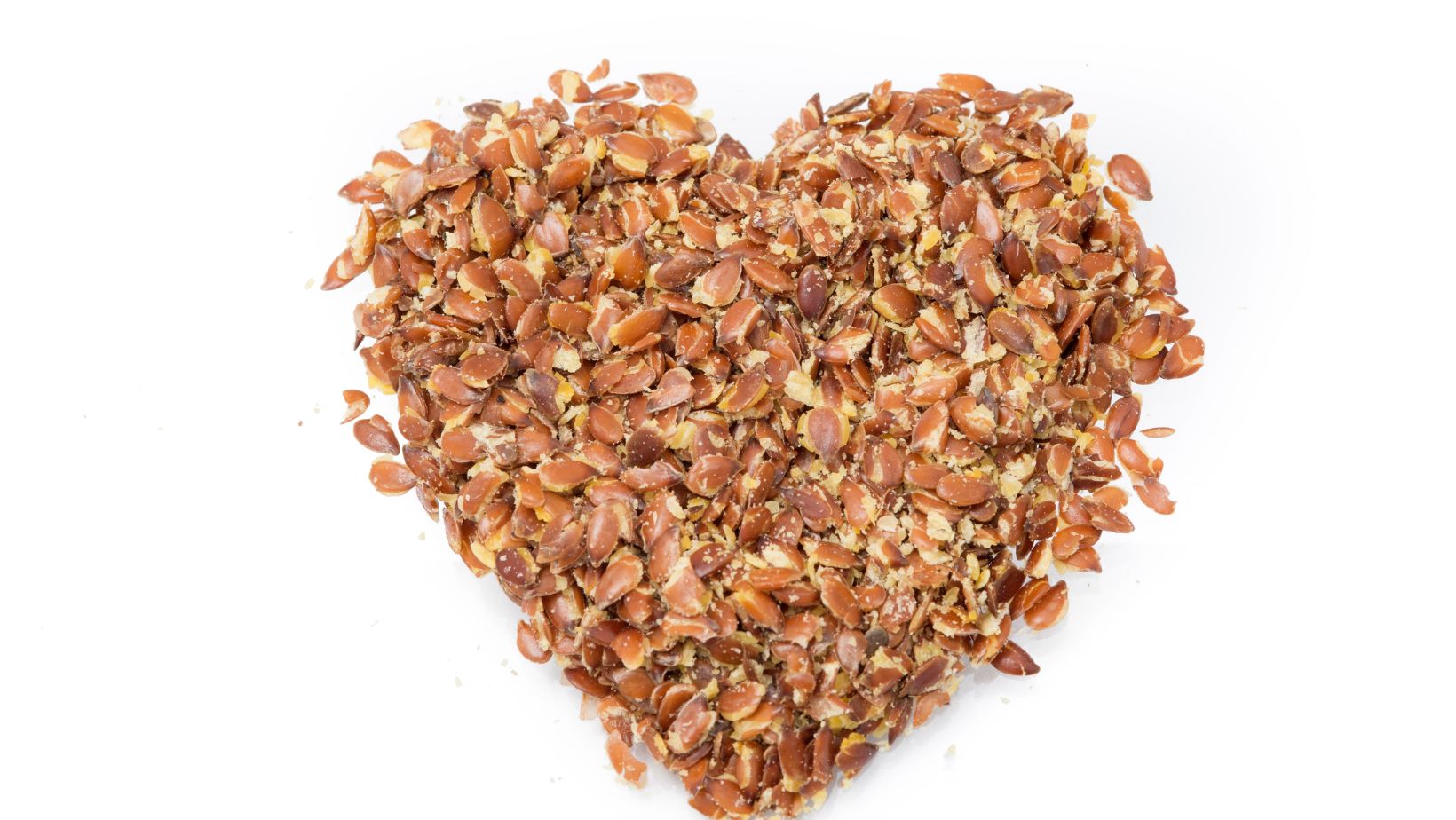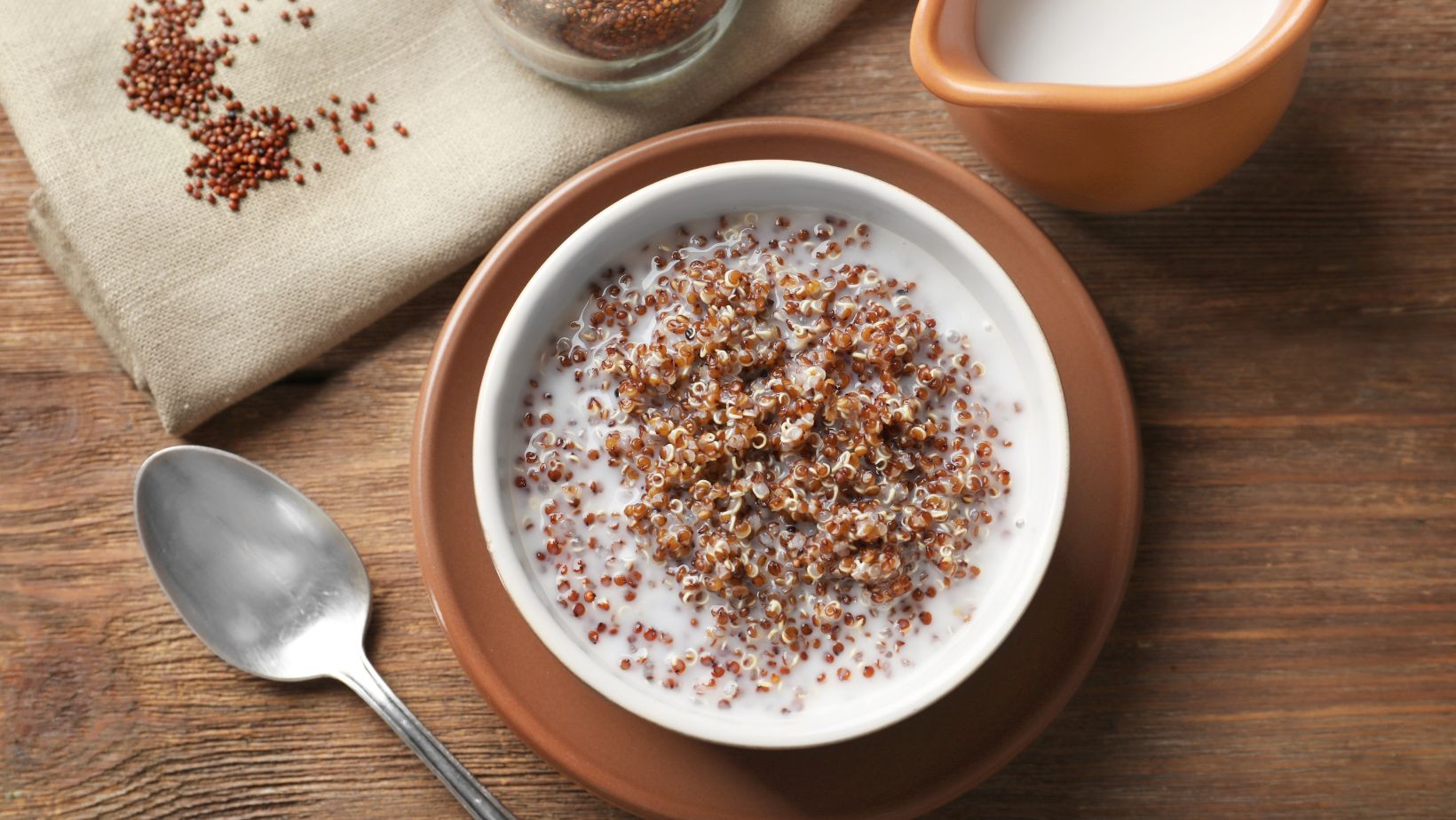
Keto Substitute For Quinoa
Looking for a keto substitute for quinoa? If you’re following a low-carb or ketogenic diet, finding suitable replacements for high-carb ingredients like quinoa can be challenging. Fortunately, there are several options available that can provide similar texture and nutritional benefits without compromising your dietary goals. Let’s explore some of the best keto substitutes for quinoa.
One excellent alternative is cauliflower rice. Made by pulsing cauliflower florets in a food processor until they resemble rice grains, cauliflower rice offers a similar texture to cooked quinoa but with significantly fewer carbohydrates. It’s incredibly versatile and can be used as a base for various dishes such as stir-fries, grain-free pilafs, or even as a stuffing for vegetables.
Another option worth considering is konjac noodles or shirataki rice. These translucent noodles or rice made from the konjac plant are virtually calorie-free and contain minimal carbs, making them an ideal choice for those on a keto diet. While they may not have the exact same taste or texture as quinoa, they add bulk to meals and work well in soups, salads, or mixed with other ingredients.
Chia seeds are also worth mentioning as an alternative to quinoa on a keto diet. Although chia seeds are not commonly used as a direct replacement due to their slightly different texture when soaked, they offer many similar health benefits and can be incorporated into recipes such as puddings, smoothies, or overnight oats. When searching for the perfect keto substitute for quinoa, keep in mind your personal preferences and dietary restrictions. Experiment with these alternatives to find the one that suits your tastes and supports your keto lifestyle effectively!
What Is Quinoa And Its Nutritional Benefits
Quinoa, pronounced keen-wah, is a versatile grain-like seed that has gained popularity in recent years due to its impressive nutritional profile. It originates from the Andean region of South America and has been a staple food for centuries in countries like Peru and Bolivia.
One of the key reasons why quinoa has become so popular is its high protein content. Unlike most grains, quinoa contains all nine essential amino acids, making it a complete protein source. This makes it an excellent option for individuals following a vegetarian or vegan diet who may struggle to meet their protein needs.
In addition to being a good source of protein, quinoa is also rich in fiber. Fiber plays an important role in digestion and helps promote feelings of fullness, making it beneficial for weight management. Furthermore, quinoa is naturally gluten-free, making it suitable for those with gluten sensitivities or celiac disease.
Quinoa is packed with essential vitamins and minerals as well. It’s particularly rich in magnesium, iron, zinc, and B-vitamins such as folate. Magnesium plays a crucial role in various bodily functions including energy production and muscle function. Iron is vital for transporting oxygen throughout the body while zinc supports immune function and wound healing.
When it comes to incorporating quinoa into your keto diet plan or finding a keto substitute for quinoa specifically, you may consider options such as cauliflower rice or shirataki rice. These alternatives are low in carbohydrates and can be used as bases for various dishes just like quinoa.
Quinoa offers numerous health benefits thanks to its impressive nutrient profile. Whether you’re following a keto diet or simply looking to add more nutritious foods into your meals, exploring different ways to incorporate this superfood into your diet can be both delicious and rewarding.
In conclusion, seeking a keto substitute for quinoa can be beneficial for those following a ketogenic diet due to its lower carb content, support for weight loss efforts, improved blood sugar management, culinary variety, and the ability to accommodate personal preferences or dietary restrictions. By incorporating these alternatives into your meal planning, you can continue on your keto journey without sacrificing flavor or nutrition.

